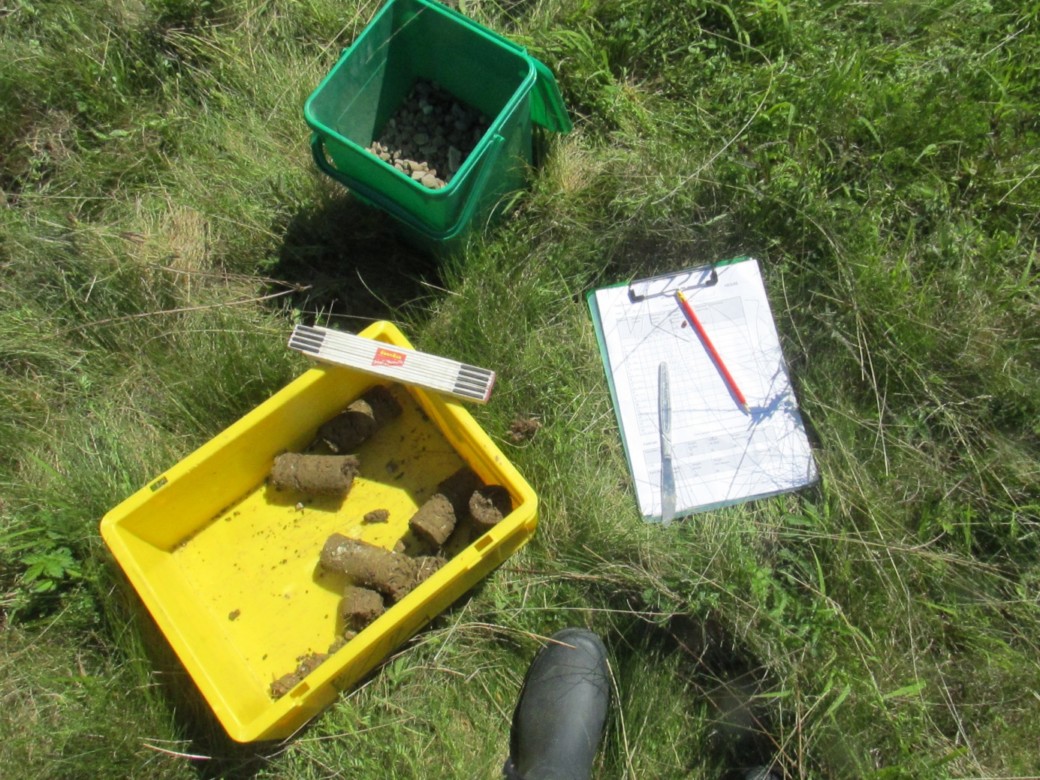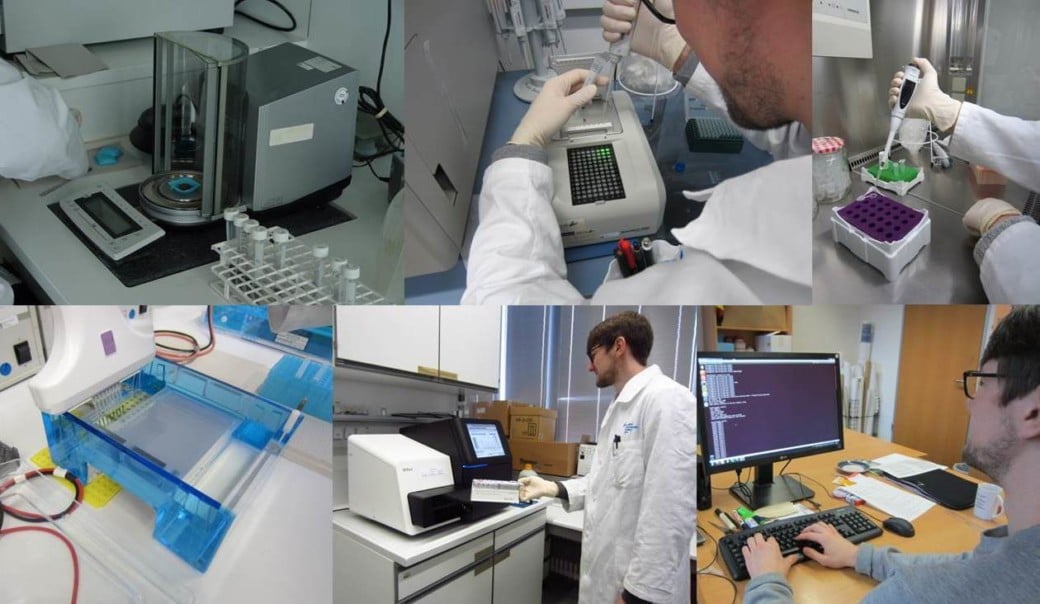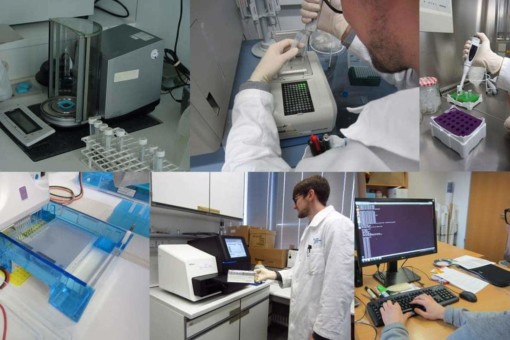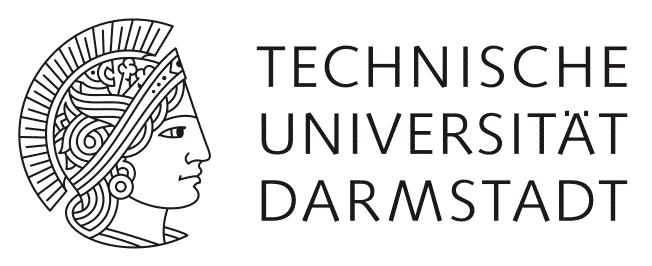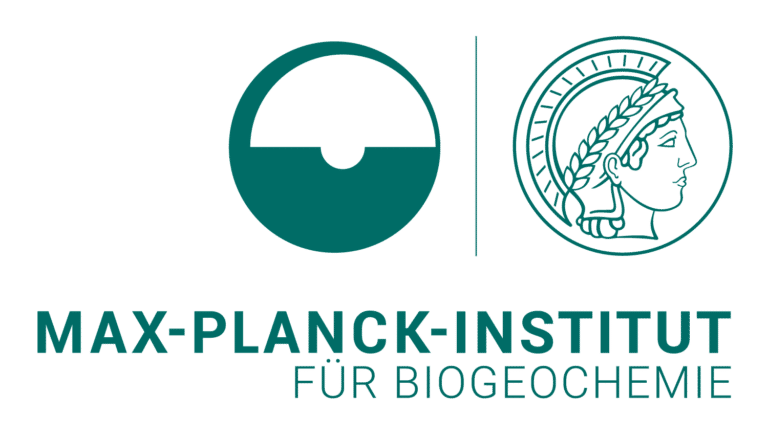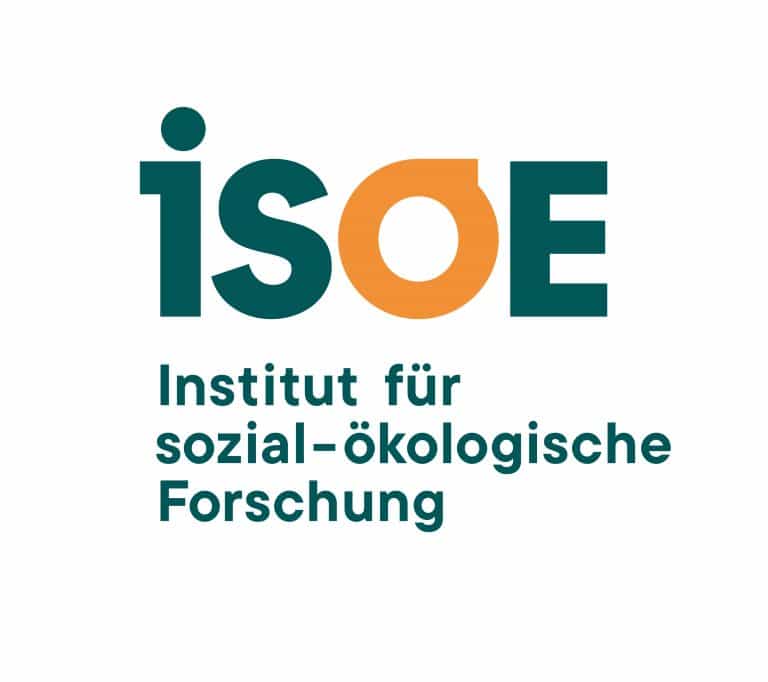Species diversity and community composition of soil microorganisms in grassland and forest ecosystems along land use gradients
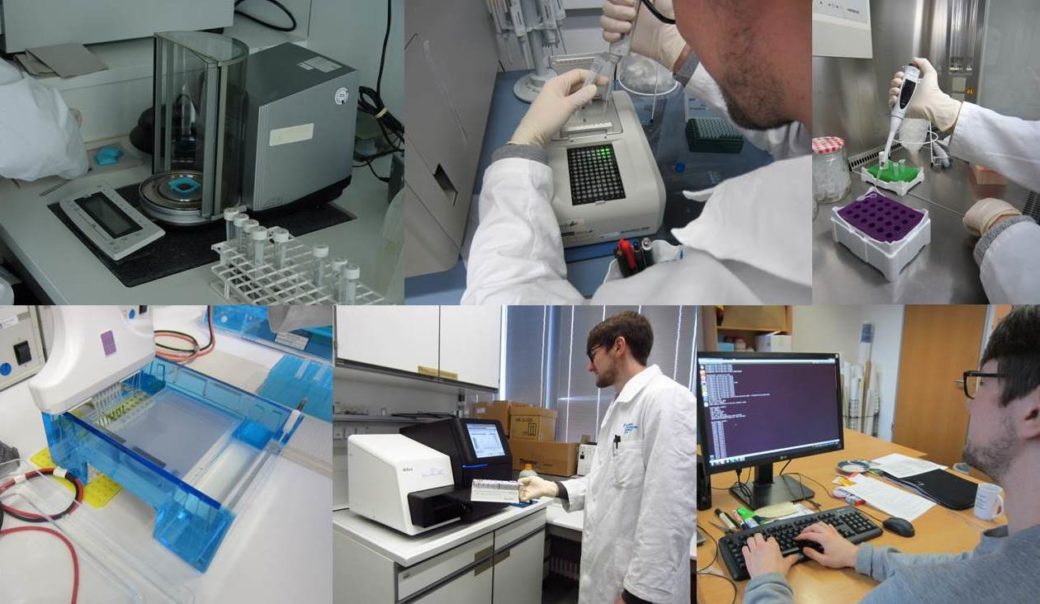
Microorganisms, especially fungi and bacteria, play an essential role in soil, including as destructors in the decomposition of organic matter and as symbionts for the growth and health of plant partners. In addition to these interactions with plants, soil microorganisms are influenced by environmental changes such as land use and forest management. However, the degree to which individual factors affect microbial diversity and composition is not yet fully understood.
The main task of the Core Project Microorganisms is the collection and monitoring, especially of the fungal community, on all 300 grassland and forest experimental plots (EPs). In addition to coordinated sampling in May 2011 and 2014, the core project will also be responsible for organising the sampling of all 100 EPs of the Hainich exploratory in 2017.
Furthermore, synthesis activities are taking place between the core project and various projects: e.g., with Norbert Hölzel, University of Münster or Ellen Kandeler and Sven Marhan, University of Hohenheim.
The objectives in the phase (2017-2020) are:
1. Monitoring of soil microorganisms to determine temporal effects of land use and forest management (soil samples from 2011, 2014 and 2017).
2. Record the diversity of arbuscular mycorrhizal fungi (AMF) in all EPs.
3. Study the influence of topsoil disturbance and additional seed placement on the adaptability of soil microorganisms in grasslands (SADE).
4. Analysis of the fungal community under different land use intensity and disturbance within one year (TIMEMIC).
DNA extraction and quantification from soil, creation of a fungal amplicon library and next-generation sequencing with the Illumina MiSeq platform, bioinformatics (MOTHUR & QIIME) and multivariate statistics.
